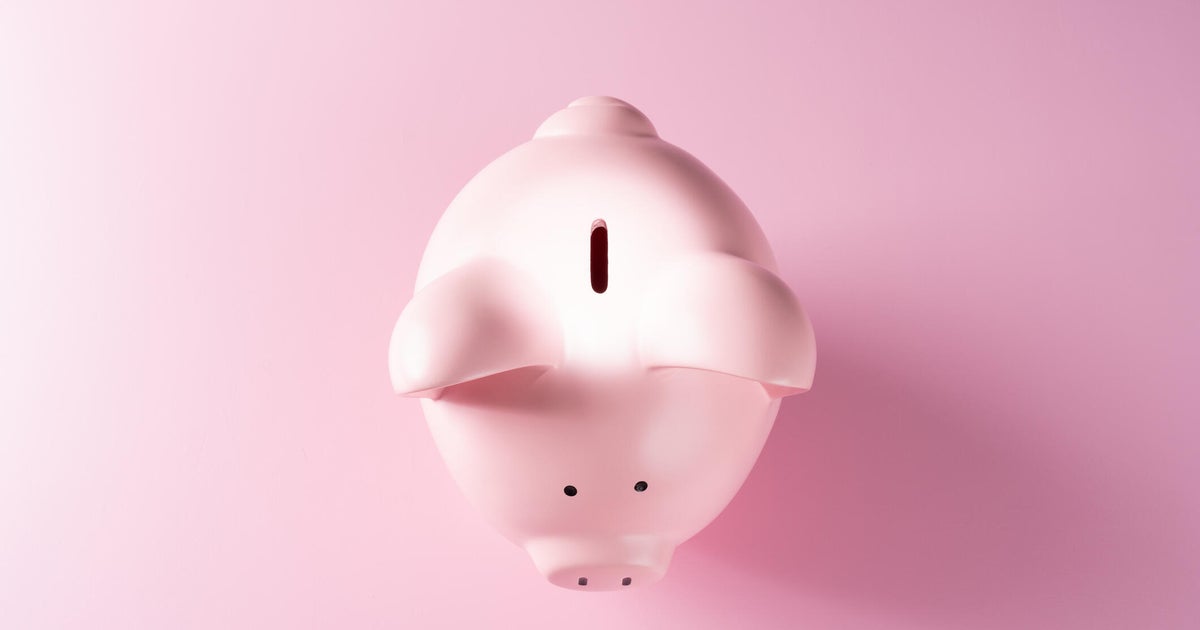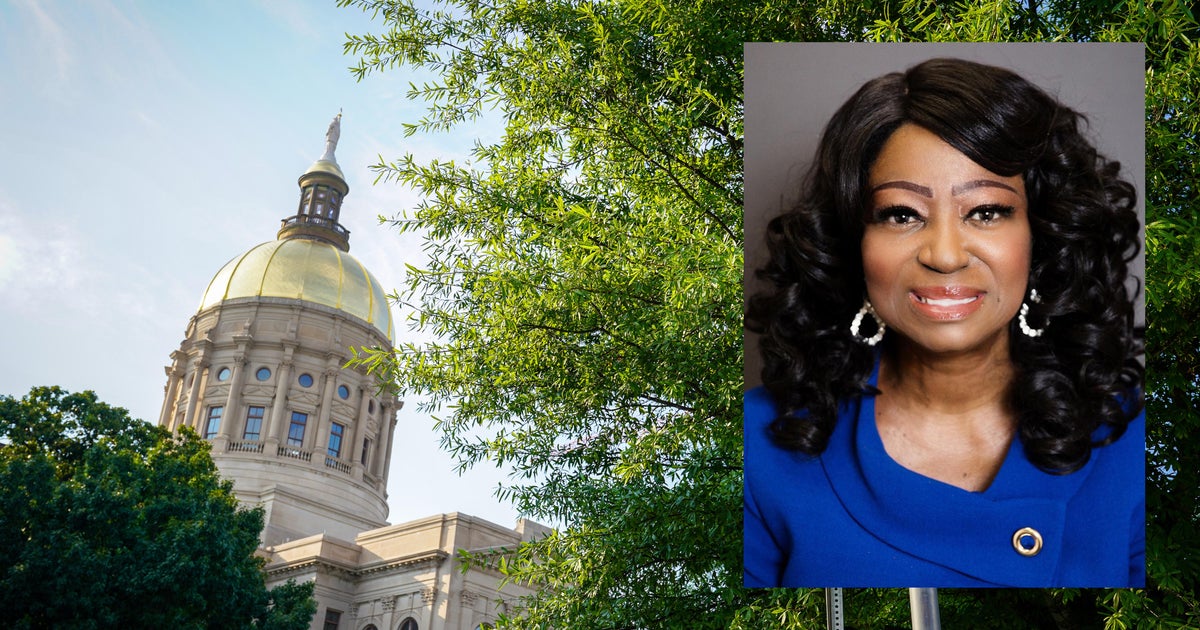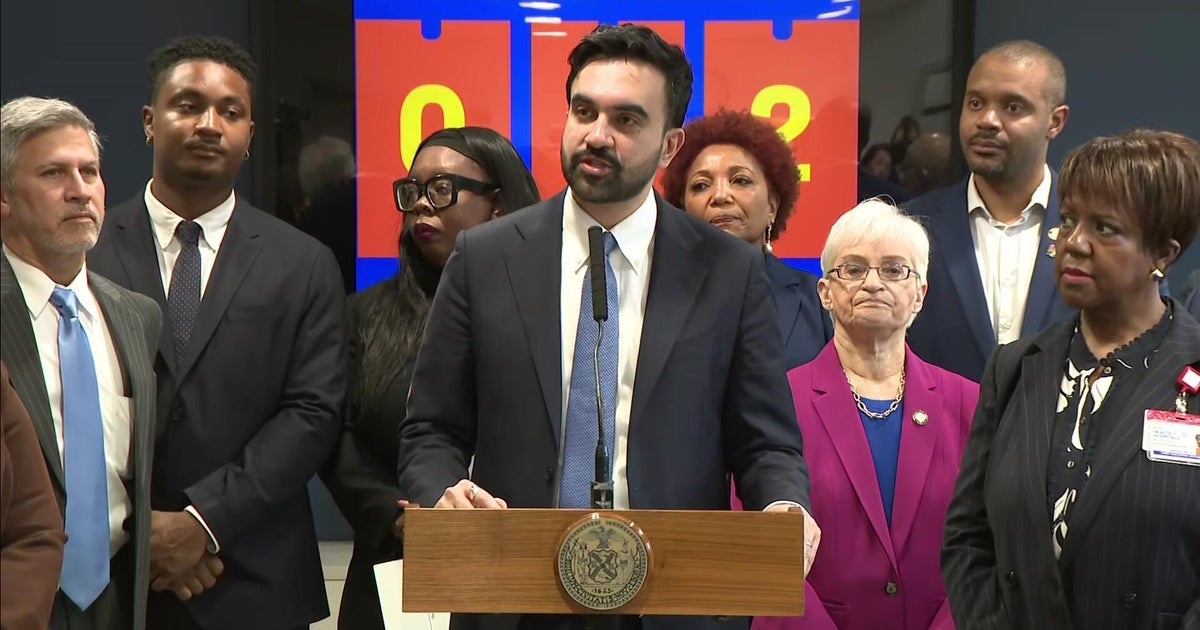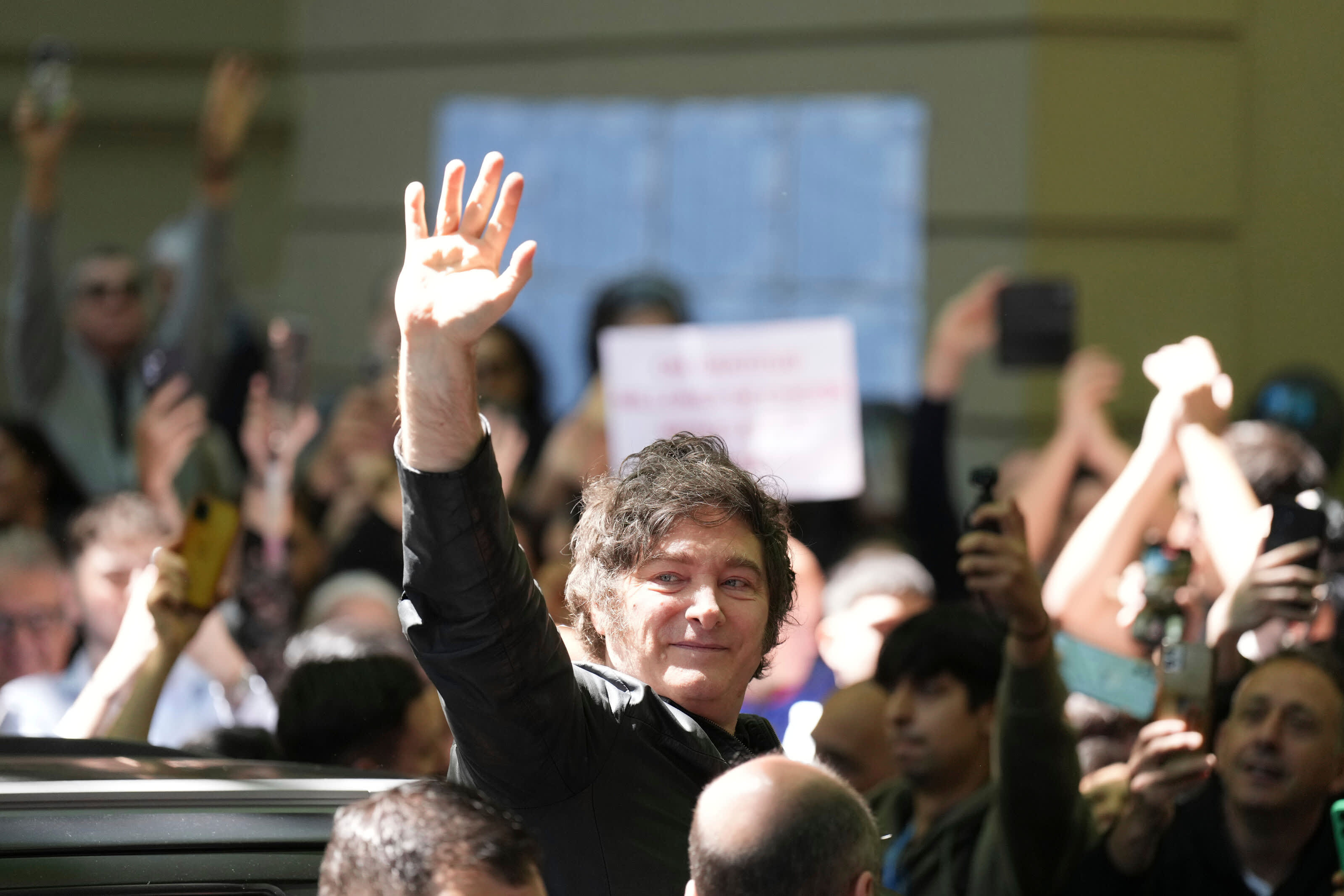World's largest hedge fund crushed by average investors in 2019
The world's largest hedge fund had a horrible 2019 compared to your typical Main Street investor.
The flagship fund of Bridgewater Associates was essentially flat in 2019, meaning it made little or no money for its wealthy investors and pension fund clients.
The average stock mutual fund, by contrast, was up more than 31% last year, according to Morningstar, while a simple S&P 500 index fund generated a return of 31.5%. Even if you had only 60% of your 401(k) money invested in stocks and 40% of your money in bonds, which are safer than stocks but typically provide lower returns, you still would have been up nearly 23%, or 23 percentage points better than the managers of the world's largest hedge fund.
Bridgewater manages roughly $160 billion in assets, with about half of that in its flagship Pure Alpha funds — the one that returned no money for investors in 2019. If that money had been in the average mutual fund, Pure Alpha would have been up more than $24 billion last year.
The other half of Bridgewater's money in invested in a strategy it calls All Weather, which is a so-called risk parity fund, meaning it balances its risk between stocks, bonds and other investments. That fund did better — up 16% — but not quite better enough, since the average risk-parity fund was up 30% last year, according to hedge fund research firm HFR.
Hedge funds are typically considered Wall Street's "smart money." And due to that reputation they also charge the highest fees, taking as much as 2% a year off the assets invested plus 20 cents out of every dollar of gains they generate.
By comparison, Vanguard's S&P 500 Index fund, which was up 31.5% last year, charges just 0.04% per year, or 4 cents on every $1,000 invested.
The smart money in hedge funds has been looking pretty dumb for the past few years. While hedge funds had their best year in a decade in 2019, according to HFR, that's not saying all that much: Hedge funds rose an average of 10%, but still 20 percentage points worse than the typically equity mutual fund.
Even next to the disappointing performance of hedge funds, Bridgewater distinguished itself as a particularly poor performer last year. Earlier in 2019, the firm's portfolio managers apparently got nervous about the stock market, and reports emerged in November that Bridgewater had placed a $1.5 billion bet that the market would plunge by March 2020. That's looking like a bad bet. The market, as measured by the broad S&P 500 index, is up another 7% since November.
Bridgewater is run by its quirky founder, Ray Dalio. And over the long-haul it has been one of Wall Street's best performing funds, up an average of 11.5% annually over the past 28 years. That compares to about about 7% a year for the S&P 500.
Dalio believes in a philosophy that he calls radical transparency, which he in part credits for the success of his firm. Employees are encouraged to speak their views and openly challenge the views of others. Meetings, even typically private ones like employee reviews, are taped for fellow colleagues to watch. Some have called the firm's environment rigid and oppressive.
Dalio, who made an estimated $2 billion in 2018 when Pure Alpha was up almost 15% while the broader market was flat, recently has spoken out about income inequality, calling the growing wealth gap in America a "national emergency."





